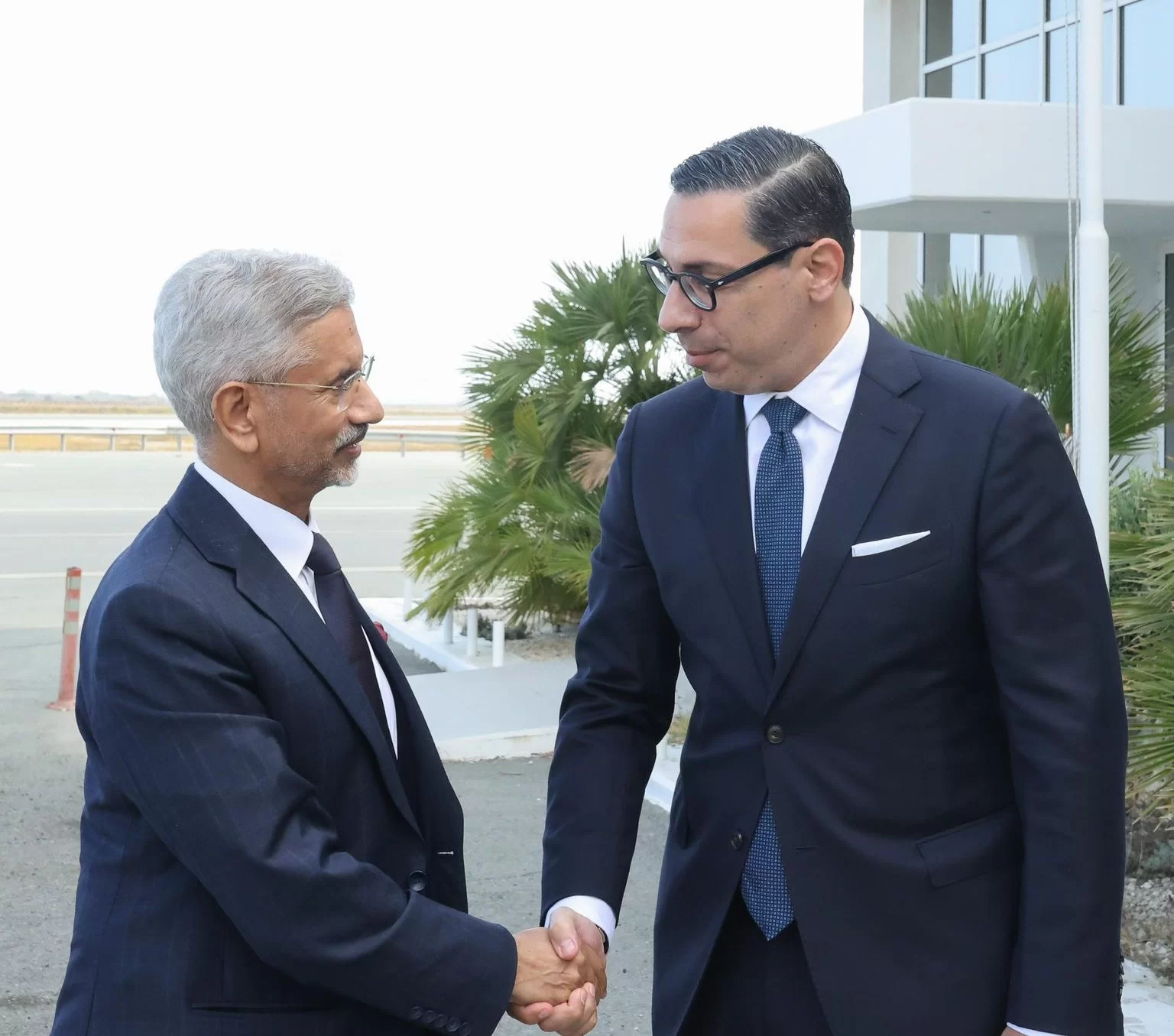- Monday, June 16, 2025
As the G7 Summit begins in Canada, India reaffirms its role as a bridge between divided global powers. With key talks on trade, sanctions, and security, New Delhi highlights its growing diplomatic influence on the world stage.

By: Vibhuti Pathak
India, the world’s most populous country and a leading emerging economy, has once again been invited as an outreach nation to the G7 Summit, which begins Sunday (22) in the Canadian Rockies. While not a G7 member, India’s presence is seen as vital for representing the interests of the Global South.
“We have been an outreach country in the G7 for many years, and I think it brings benefits to the G7,” said Foreign Minister Subrahmanyam Jaishankar in Paris. He emphasized India’s eagerness to act as a “bridge” between countries and champion the concerns of developing nations on the world stage.
“There are very strong feelings in the Global South about the inequities of the international order, the desire to change it, and we are very much part of that,” Jaishankar added. “It is important for us to organise ourselves and make our presence felt.”
Pleased to visit @laBnF, Paris. Saw classical India manuscripts and texts in their collection.
Was a reminder of the depth of Indology in France.
Also discussed with President, BNF @GillesPecout opportunities for greater collaboration on heritage conservation.
🇮🇳 🇫🇷 pic.twitter.com/zTcFII76AX
— Dr. S. Jaishankar (@DrSJaishankar) June 14, 2025
Bridging Divides Amid Global Tensions
This year’s G7 summit comes at a time of heightened global turmoil, with ongoing conflicts and shifting alliances. Alongside Indian prime minister Narendra Modi, leaders from Ukraine, Mexico, South Africa, and South Korea have been invited, reflecting the summit’s outreach to key global players.
The G7 nations are expected to deliberate on strained relations with China and Russia, as well as pressing issues like energy, security, and technology.
India’s unique position is underscored by its active membership in BRICS, a bloc that includes Russia and China and is increasingly viewed as a G7 rival.
Jaishankar noted, “India had ‘the ability to work with different countries in a way without making any relationship exclusive.’ To the extent that that serves as a bridge, it’s frankly a help that we do to international diplomacy at a time when, mostly what you see are difficult relationships and excessive tensions.”
On Russia-Ukraine and Sanctions
Jaishankar reiterated India’s support for direct talks between Russia and Ukraine, maintaining New Delhi’s neutral stance since 2022. He questioned the effectiveness of sanctions on Russia, stating, “Where sanctions are concerned, you could argue that it has not actually had much impact on policy behaviour.”
He further cautioned against escalating tensions: “The world does not need more tension, more conflict, more hostility, more stresses.”
India-U.S. Trade and Trump’s Approach
Modi is expected to meet Trump during the summit, aiming to push forward a trade deal before the July 9 deadline, when a 26 percent U.S. tariff is set to resume. Jaishankar described Trump as someone who “clearly, in many ways, represents a discontinuity. He is definitely a very nationalistic person who puts his country’s interests very strongly ahead.”
Managing China Relations
Addressing India’s complex relationship with China, Jaishankar acknowledged the ongoing rivalry and border tensions but stressed the importance of pragmatism. “Where we (India) have to be strong and firm, we will be strong and firm. Where we have to forge a stable relationship, we are prepared to do that,” he said.
He also dismissed fears of nuclear escalation in recent India-Pakistan tensions, calling them “only the concerns of people who were completely uninformed.”
India’s participation in the G7 underscores its growing influence and ambition to be a voice for the Global South. As Jaishankar put it, “It is important for us to organise ourselves and make our presence felt.” With its ability to engage across divides, India is positioning itself as a crucial diplomatic bridge in an increasingly polarized world